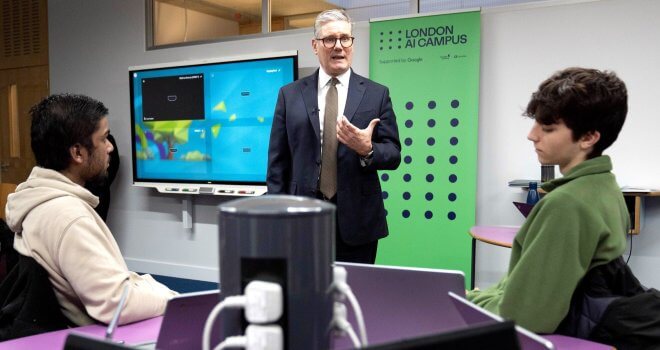Project Management Best Practices For Financial Technology Projects

Managing financial technology (fintech) projects is a complex task, as it requires a blend of traditional project management techniques and an understanding of the specifics of the financial sector. Since the fintech industry continues to grow and evolve, effective project management becomes even more critical for the successful delivery of fintech projects. Let’s outline the best practices for managing fintech projects and focus on strategies that ensure efficiency, compliance, and alignment with business goals.
Objectives and scope of the fintech project
Most of the successful fintech companies are in the brokerage business, where innovation and access to advanced technologies are critical for financial trading. Brokers such as Axiory are employing techniques that allow them to become successful. So, what are their secrets? First of all, clear goals and scope. Every successful project starts with these factors, especially in the fintech sector. This step is also crucial due to regulatory requirements and the need for precise alignment with financial goals.
Because of this, project managers typically work closely with stakeholders to clearly define what the project aims to achieve, and what are the boundaries within which the project will operate. A well-defined scope is crucial to avoid delays and budget overruns and, coupled with clear goals and objectives, gives the FinTech project the highest chances of success. Axiory achieved its success by following the clear objectives of developing a suitable trading platform and integrating its services into one platform, including educational resources to support new traders.
Risk management and compliance
Risk management is the process of handling sensitive financial data and complying with strict regulations such as GDPR, PCI DSS, and other financial regulations. Therefore, risk management plays a critical role in fintech project management where financial personal data is involved very often and fintech startups have to develop strict rules and objectives to avoid legal troubles.
To manage risk effectively, project managers have to identify potential risks early, assess their impact on the project goals, and develop mitigation strategies. If a fintech startup is operating in the financial trading sector, understanding and managing compliance risks is the number one priority.
This includes regular audits, compliance checks, and working closely with legal teams to ensure all project activities align with the regulatory framework and standards. Project managers can integrate compliance into the project management processes to prevent legal issues. This is important for the project to proceed without interruptions.
Agile methodology for flexibility
Recently, Agile methodology became very popular in the fast-paced nature of the fintech development process. Agile project management methodologies allow superior flexibility and rapid iteration, allowing projects to adapt to fast-changing markets and technologies. This iterative approach is especially used for software development projects and allows for fast deployment of a working product into the market.
Agile methodologies also allow fintech startups to quickly adapt to new developments and stay compliant and competitive at the same time. Agile methodologies focus on and promote collaboration, continuous feedback, and incremental progress, which is essential to managing complex projects more easily and delivering value much faster. This is especially useful for financial broker startups as it allows constant trading platform updates where user feedback and market conditions are driving continuous improvements.
Effective communication with stakeholders
Since fintech project managers have to communicate with stakeholders constantly, effective communication becomes essential. It promotes success for any fintech project. Stakeholders in fintech projects include not just internal teams, but also external ones like regulators, and partners. Regular updates, reporting, and transparent communication promote healthy and realistic expectations and keep all parties aligned with the project’s goals.
For fintech startups, maintaining open lines of communication with stakeholders, clients, and regulators ensures all project activities are transparent and issues are addressed immediately. This is especially critical in the financial trading environment, where trust and transparency are cornerstones for maintaining a competitive advantage.
Employing technology and tools
Fintech startups are directly related to innovation and new technologies. Utilizing the right project management tools can greatly improve the efficiency and effectiveness of FinTech projects. Tools like JIRA, Trello, or Microsoft Project typically offer capabilities to track progress, manage tasks, and conduct effective communication among team members. There are also fintech-specific tools for compliance tracking, data security, and financial analysis which add value.
With these tools, fintech project managers can ensure that the project management processes are well-organized, transparent, and capable of handling specific challenges with these kinds of projects. Right tools help integrate new technologies into existing platforms, which ensures fintech companies remain at the forefront of their sector at low costs.
The bottom line
Overall, successful project management in the fintech sector requires clear goals, careful risk management, flexibility through agile methods, effective communication, and a set of right tools. This is especially true for fintech companies that operate in software development or financial trading fields where technology and market sentiments change very quickly, leaving little room for reaction. By integrating these practices, fintech project managers can ensure their projects stay compliant, efficient, and competitive.




